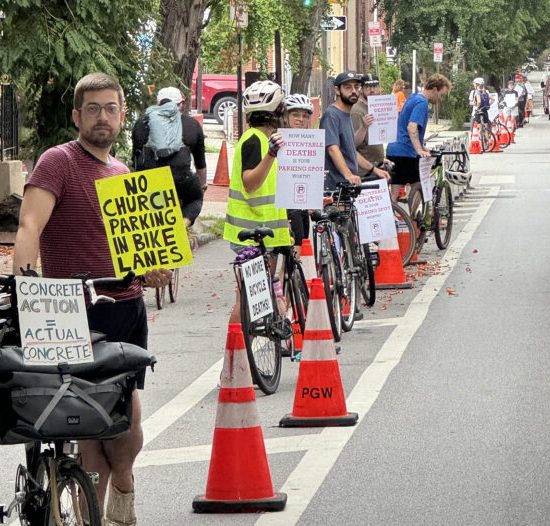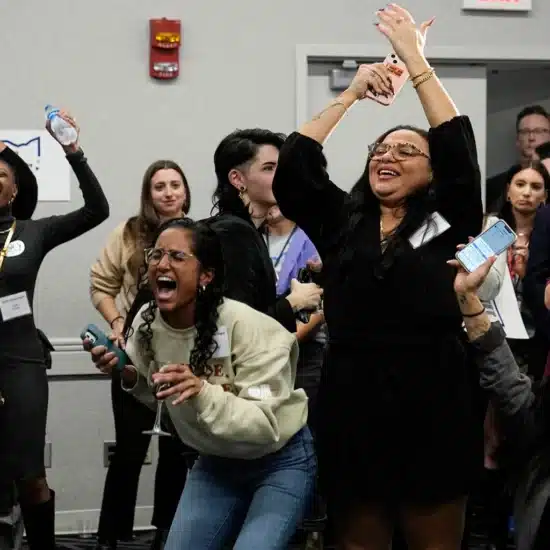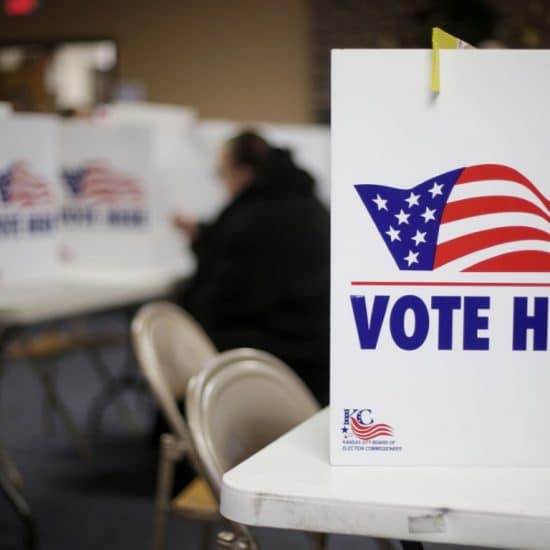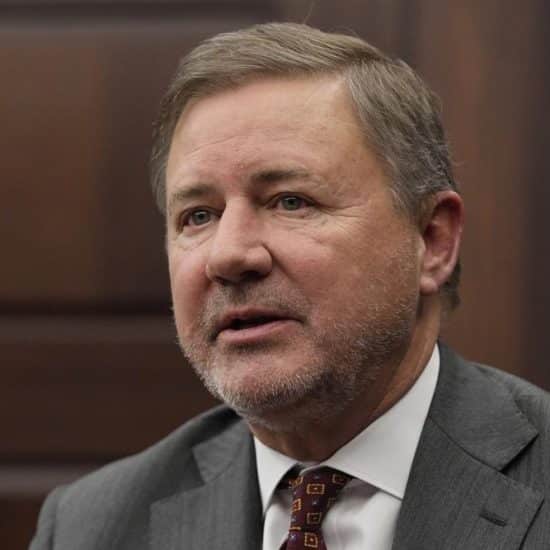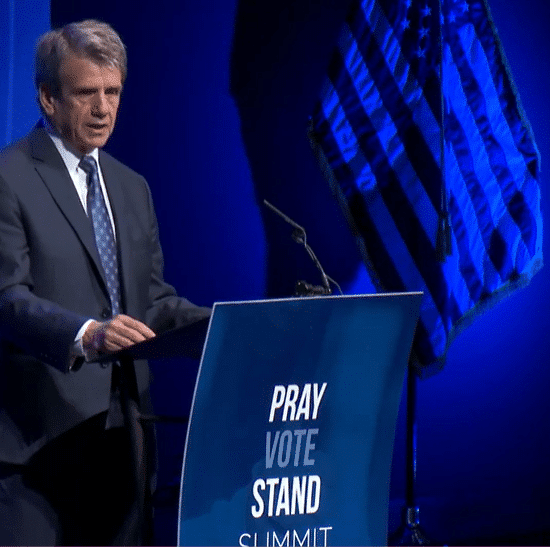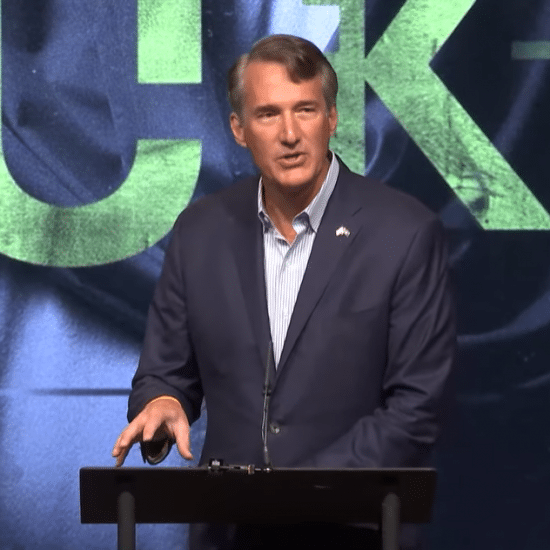NEW ORLEANS (ABP) – A New Orleans pastor seeking to become the Southern Baptist Convention’s first black president says his election would add credibility to a 1995 resolution that apologized for the denomination’s past support of slavery and segregation.
Fred Luter, pastor of Franklin Avenue Baptist Church in New Orleans, said March 11 on NPR’s “All Things Considered” that since adopting a Resolution On Racial Reconciliation On The 150th Anniversary Of The Southern Baptist Convention in Atlanta, the nation’s second-largest faith group has tried to let the public know it “is not just a convention that … is lily white and that is not open to folk who are not white.”
“And they've done that, I think, successfully,” Luter said. “I think what this election would do, if I am elected, it will say, ‘Hey, we're not only talking this thing; we're putting our money where our mouth is.'"
“If I'm elected, it's going to be because of the Anglo messengers who overwhelmingly have voted for me,” he said. “It won't be because of the handful of black folk that's going to be there. So it will say something to the country and to the world that the Southern Baptist Convention is not just talking this thing, we're actually walking this thing. And I think that will speak volumes.”
One hundred-sixty-seven years after its split with northern Baptists over slavery prior to the Civil War, the Southern Baptist Convention remains predominantly white, but leaders say that half of churches started in the last decade were non-Anglo.
Ethnic congregations made up about 13 percent of SBC churches in 1998. That increased to 18 percent by 2008, with African-American and Hispanic congregations leading the way at 6 percent each of SBC churches, followed by Asians and other ethnic groups making up 3 percent each.
In recent decades Southern Baptists have passed 11 resolutions seeking greater ethnic participation in convention affairs. Last year messengers approved recommendations of a study group named to increase involvement by ethnic churches.
Luter currently serves as the SBC’s first vice president. He is the first African American to be elected to the convention’s second-highest office. The convention elected its first African-American officer in 1994, naming Ohio pastor Gary Frost second vice president.
This isn’t the first time Luter’s name was mentioned as a possible SBC president. Dwight McKissic, an African-American pastor in Texas, said in 2010 it was time for a black SBC president and suggested that Luter would be the ideal candidate for the job.
Luter said he wasn’t interested, but as current SBC President Bryant Wright entered a customary second term, Luter’s election as first VP became widely viewed as a first step toward his nomination. Luter said at first he was leaning toward allowing his name to be entered into nomination, and then announced in January that he would indeed be a candidate.
McKissic, pastor of Cornerstone Baptist Church in Arlington, Texas, said electing Luter would have a “positive impact” on black churches that are not affiliated with the SBC but would be comfortable with the convention’s statement of faith. “But I don’t believe you will see any serious additions of black churches joining the SBC until we see at least two-to-three minority entity heads,” McKissic wrote on his blog.
McKissic has spoken widely about his experience visiting the SBC headquarters in Nashville in 2007, when he asked to meet the highest ranking African American there and was informed it was the head custodian.
-30-
Bob Allen is managing editor of Associated Baptist Press.

